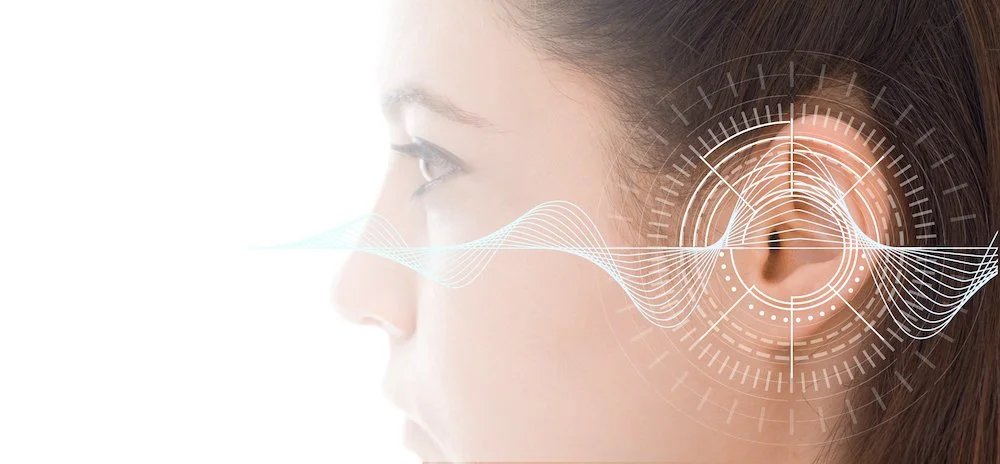The Incredible Power of Your Ears
They may be small, but your ears are some of the hardest-working organs in your body. Tucked inside each ear is a complex system of parts that not only allow you to hear, but also help you balance, connect to the world, and stay safe.
At HEAR Wisconsin, we’re constantly amazed by how much your ears do behind the scenes. Here’s a closer look at what makes them so impressive.
Your Ears have a Big Job to Do
Each human ear is only about 2.5 inches long, but within that space is an entire sound processing center. From outer ear to inner ear, these structures work together to:
Capture sound waves
Turn vibrations into electrical signals
Send those signals to your brain, where they're interpreted as speech, music, alerts, or even background noise
All of this happens in a fraction of a second, faster than you can blink.
The Smallest Bones in the Human Body
Did you know that the smallest bones in your entire body are located inside your ears?
The three middle ear bones, the malleus, incus, and stapes (also known as the hammer, anvil, and stirrup), are each no bigger than a grain of rice.
Together, they amplify sound vibrations and pass them along to your inner ear, playing a key role in how you hear.
Your Ears Help You Balance Too
Inside your inner ear is the vestibular system, which gives your brain information about movement, gravity, and balance. It helps you:
Stand upright
Walk straight
Know which way is up (even with your eyes closed!)
Damage to the inner ear can lead to dizziness, vertigo, and increased fall risk, especially as we age.
Why Ear Health Matters
Because your ears are small and delicate, they can be vulnerable to:
Loud noise exposure
Infection
Injury or trauma
Gradual hearing loss due to aging
However, most hearing loss is preventable or manageable, especially when caught early.
How to Take Care of Your Ears
Protect your ears by using earplugs or noise-reducing headphones when in a loud or noisy environment, or when attending events where loud noises may happen (such as parades or firework shows)
Avoid inserting anything (including cotton swabs) into your ear canal
Keep ears dry and clean to avoid infections
Schedule regular hearing checks, especially if you notice changes
Small but Mighty
Your ears may contain the smallest bones in your body, but they play a huge role in how you experience the world, from music and laughter to safety and balance. If you notice changes in your hearing, don’t wait, contact HEAR Wisconsin to schedule a hearing evaluation with one of our Doctors of Audiology.

